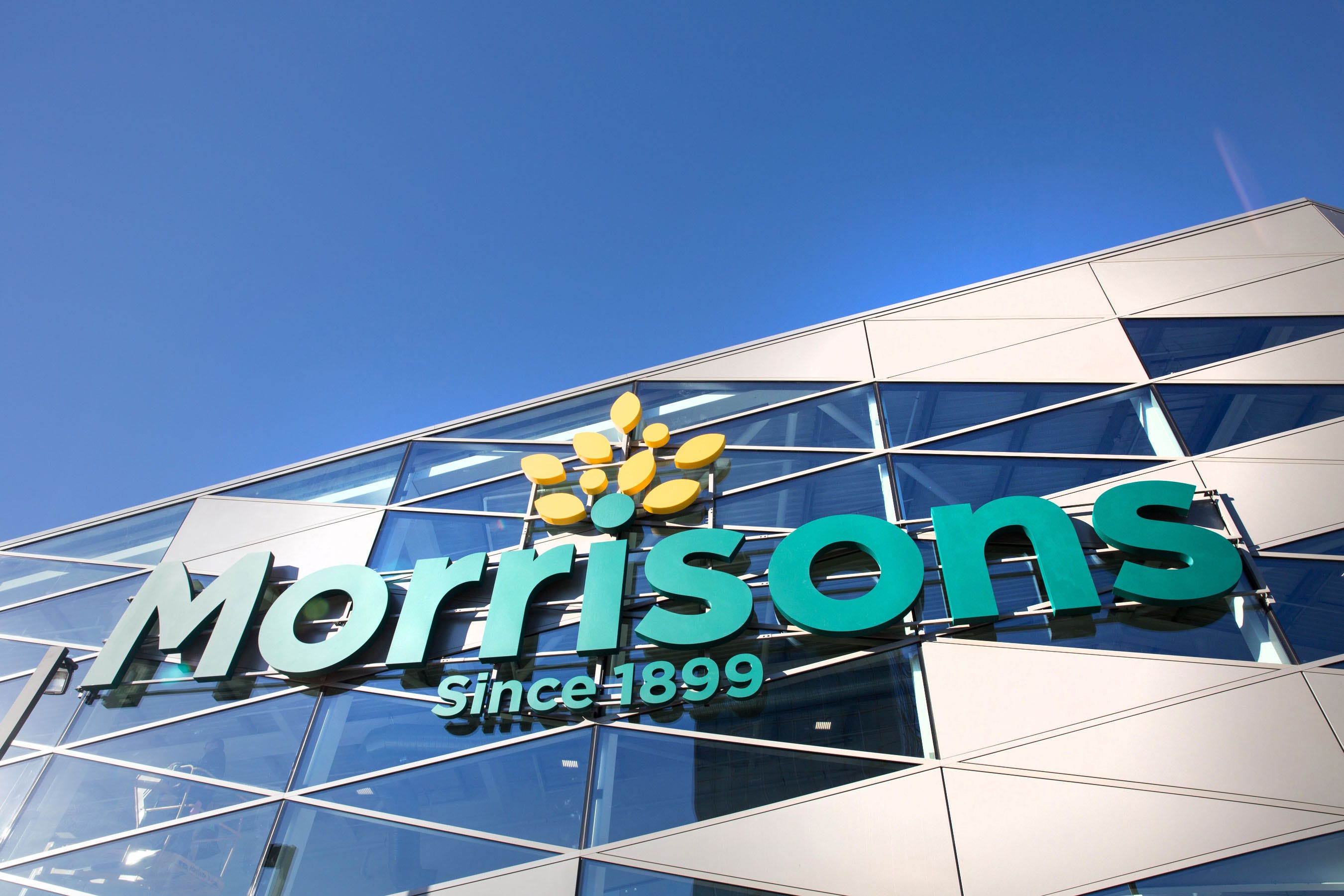As food shopping bills soar – Morrisons is also feeling the squeeze
Pricing surveys show the retailer surrendering both sales and market share, writes James Moore


Is it time to worry about Morrisons?
The grocer recently picked up some nice headlines by announcing plans to cut the price of meals in its cafes. But that can’t disguise the fact its other prices – the day-to-day ones that count – are higher than those of its main rivals.
The most recent survey of 48 staples by the consumer website Which? put Asda, Tesco and Sainsbury’s in a bunch, with the price of their respective baskets ranging from £84.98 to £86.36. Morrisons, however, was an outlier among the traditional “big four” at £92.72, much closer to Ocado (£93.99) than to its peers.
The group did better when the sample was expanded to 148 products, coming in third (£367.12) ahead of Tesco. But that isn’t saying much. It was also toward the bottom of a separate price tracker produced by Alertr, where it was once again closer to Ocado than to Asda at the head of the table.
Consumers appear to be taking note. The latest update from Kantar’s monitoring of the grocery purchasing habits of 30,000 demographically representative households showed that Morrisons was the only member of the traditional big four to lose sales.
The 4.6 per cent decline is worse than it looks. Food price inflation – at an ugly looking 14.7 per cent – should boost the headline sales figures of all the big grocers. For Kantar to record a fall at Morrisons suggests that it is doing very badly.
This is borne out by the group’s market share. It is no longer even strictly correct to call it a member of the “big four” because Morrisons has surrendered its fourth place to Aldi, the fast-growing discounter. It might not be all that long before Lidl pushes Morrisons down to an ignominious sixth.
Sir Ken Morrison, the plain-speaking Yorkshireman who turned the family business into a supermarket giant, must be turning in his grave. Under his stewardship, Morrisons enjoyed a reputation for value. Of course, the group’s ownership has changed. Stock market flotations, mergers and then takeovers have all featured in Morrisons recent history, culminating in last year’s bitterly contested bid battle between a pair of private equity consortia.
Clayton, Dubilier & Rice kicked off proceedings at £5.5bn but ended up paying £7bn to see off the Fortress Investment Group and take its trolley through the gold-plated checkout.
Asda, meanwhile, swapped Walmart’s ownership for a private equity firm of its own, in the form of TDR Capital, which backed the successful takeover by the billionaire Issa brothers, best known for their petrol forecourts.
Since then the trajectory of the two businesses has been strikingly different, with Asda having retained its keen pricing.
Morrisons, for its part, has emphasised its fresh food offer in a bid to differentiate itself from its rivals. In addition to those cafes, it has retained its in-store counters. Fishmongers and the like. But they are expensive to maintain. Its rivals have largely done away with them for that reason.
A “premium” strategy can work for you when the economic situation is favourable, if the quality is high enough (as Morrissons is). However, right now the economic outlook is anything but. The level of food price inflation found by Kantar would add a shocking £628 to the average customer’s bill. The number of people who can afford to ignore numbers is limited to CEOs, Premier League footballers and City folk, none of whom fit the description of the average Morrisons shopper I’d wager.
The formerly fast-growing Ocado and its one-time partner Waitrose, both of which are pricier still per the surveys, are also showing signs of struggle. In Kantar’s analysis, sales at the former were flat while they were in decline at the latter, albeit not to the same degree as Morrisons.
Of the pair of private equity-owned grocers, Asda is clearly the one that appeals to shoppers in the current climate. Maybe it is time to wonder whether Morrisons needs to perform a strategic volte-face. But does it have the financial room to do so? That remains to be seen. Debt is getting expensive and Morrisons has a lot of debt to manage.
So does Asda, which is not exactly free of troubles of its own. Its prices might be low but its workers say that their wages are too. They are threatening strikes.
And all that with few signs that food price inflation will fall quickly.






Join our commenting forum
Join thought-provoking conversations, follow other Independent readers and see their replies
Comments